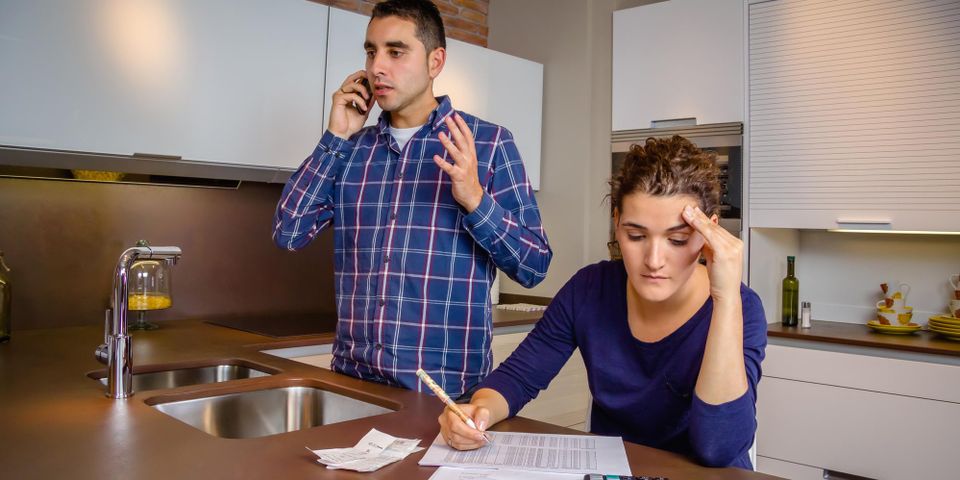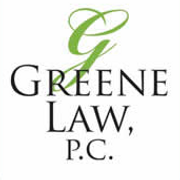
While filing for bankruptcy usually has a significant impact on your credit, it’s sometimes the best step to take when debt becomes unmanageable. However, it’s essential to carefully evaluate your situation and make sure bankruptcy gives you the fresh start you need, since it is not a reversible process. Here’s what you need to consider as you decide on your next financial step.
How to Determine If Bankruptcy Is the Answer
1. You Want to Avoid Repossession or Foreclosure
Under Chapter 13, you will be able to keep certain assets even if you have fallen behind car loan or mortgage payments. Normally, lenders will take back your home or car after you become delinquent in settling your outstanding debts. After filing for bankruptcy, you will have a chance to save your assets because you can catch up on your payments under the repayment plan of Chapter 13.
Although a Chapter 7 filing can also stop a foreclosure or repossession, it’s only temporary, unless you can make up for missed payments and keep them current.
2. Creditors Are Filing Lawsuits Against You
Creditors have the right to sue you if you fail to keep up with your payments. Without any opposition from you, the creditors can place liens against your property or carry out measures that aim to collect debts. Filing for bankruptcy can end most lawsuits, as well as stop creditors from taking collection actions.
3. Many of Your Debts Are Unsecured
Unsecured debts are  those that the court discharges after you’re done filing for bankruptcy. They are debts that are not backed by collateral.
those that the court discharges after you’re done filing for bankruptcy. They are debts that are not backed by collateral.
Some common examples include personal loans, credit card debt, and medical bills. If you have a lot of unsecured debts, bankruptcy can be a wise decision because you will not be obligated to pay for them anymore.
4. You Own Exempt Property
If you own exempt property, bankruptcy can work in your favor because you can keep these assets. Even if you file for Chapter 7 or liquidation bankruptcy, you will be able to protect exempt property because the bankruptcy trustee can’t sell them to repay your creditors.
Often, these assets are considered essential, such as your home, car, clothing, and retirement plans. Take note that under Chapter 13, you usually keep both exempt and nonexempt assets, since you can use your repayment plan to pay for nonexempt assets.
Filing for bankruptcy is a major financial decision that requires the expert guidance of a top bankruptcy attorney. Greene Law PC in Farmington, CT, is committed to providing you with compassionate and outstanding legal representation when it comes to bankruptcy matters. Call (860) 676-1336 to schedule an appointment or visit their website to browse their services.
About the Business
Have a question? Ask the experts!
Send your question

